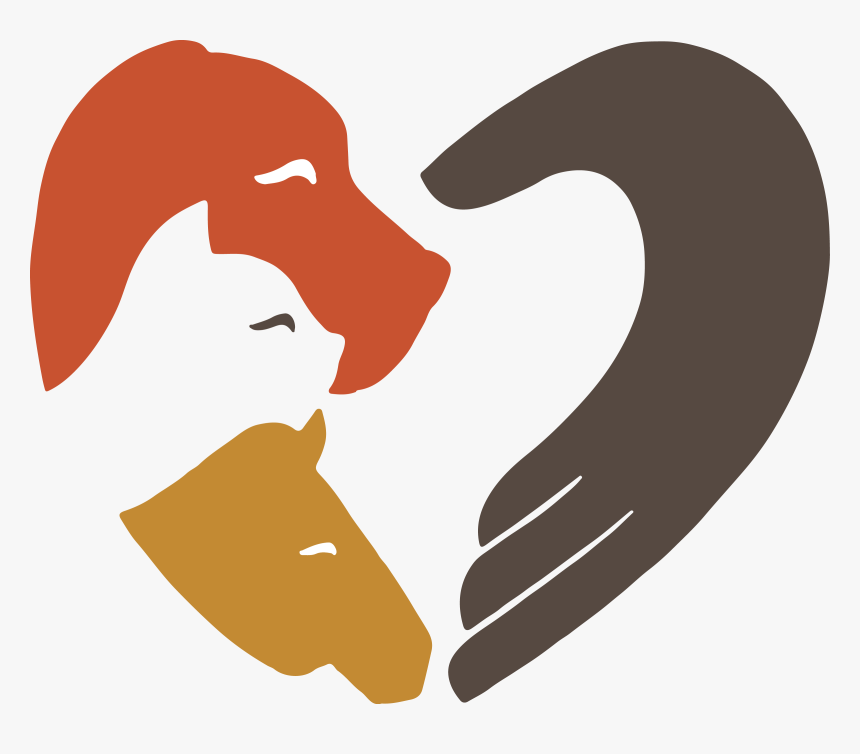Dogs and Domestic Animals Protection
- Animalia USJ

- Nov 5, 2021
- 3 min read
“The greatness of a nation and its moral progress can be judged by the way its animals are treated.”
- Mahatma Gandhi -

The word, Domestic, means that a species of animal has lived alongside humans for so many years that they are no longer considered wild. Humans keep many kinds of animals as pets (dogs, cats, birds, fish, rabbits). Dogs and cats are the most common domestic animals. These domestic animals are an integral component of human leisure experience and can enhance the physical, social and mental wellbeing of humans.
But the sad truth is, countless cats, dogs and other animals suffer and die at the hands of the very people who are supposed to care for and protect them. Physical violence, emotional abuse and life-threatening neglect are daily realities for many animals. That's why they need protection.
WHAT DOES DOMESTIC ANIMAL PROTECTION MEAN?

Domestic Animal Protection generally refers to the prevention, reduction, or elimination of harms done to animals by humans. Domestic Animal protection is commonly used interchangeably with “Animal Welfare”. Animal welfare is frequently used by veterinary and animal care professionals as a way of judging and describing an animal’s wellness. Their social movement is concerned with improving the welfare of animals.
ARE THERE ANY LAWS TO PROTECT DOMESTIC ANIMALS? ARE THEY REALLY PROTECTING THEM?
Though there are a number of laws that protect domestic animals, this legislation nevertheless fails to protect them from terrible cruelty.

In Sri Lanka, current laws don’t protect dogs from abuse or neglect. When there are more dogs than homes, suffering follows, unwanted puppies are left on the road, hundreds of thousands of dogs roam the streets, and the endemic threat of rabies is ever looming. Since 2020 regular Covid lockdowns have cut off many dogs from their normal feeders creating an additional crisis.
Not only dogs millions of animals suffer in factory farms every year, farm animals lack virtually any real protection under federal, state, and local laws. Activity considered standard practice in the industry is exempted from most animal protection laws. As is the case with the Animal Welfare Act, some legislation is even weaker, exempting farmed animals from protection all together.
HOW CAN WE PROTECT DOMESTIC ANIMALS?
There are many ways you can take action to protect animals in your community.
Spay and neuter - Each year, millions of dogs and cats are put to death in animal shelters. Spaying and neutering eases the overpopulation problem and prolongs the life of your dog or cat.
Take notice and take action - Never ignore stray animals on the street, where they can become victims of disease, starvation, and human cruelty.
Support your local animal shelter - Animal shelters always need help socializing cats and walking dogs, fostering animals, and cleaning cages and pens. If you cannot volunteer, send a contribution.
Report abuse - Call your local humane society if you witness any type of cruelty or abuse.
Keep them safe at home - Be sure to keep collars and tags on dogs and cats (even if they are indoors). In case of an emergency, they can be returned home safely.
Drink alternatives to cow’s milk, eat alternatives to meat, choose organic, free-range chicken, choose organic, cage-free eggs, oppose bullfighting and educate yourself and Teach others respect for animals.

Animals deserve more protection than they currently have, and becoming involved in the animal protection movement is one way to make a huge difference.
Starting with just one dog, you can change a street, a town. And through community led education, create a generation of animal-loving guardians.
- Rtr. Chamika Nilakshi -

.png)
Comments